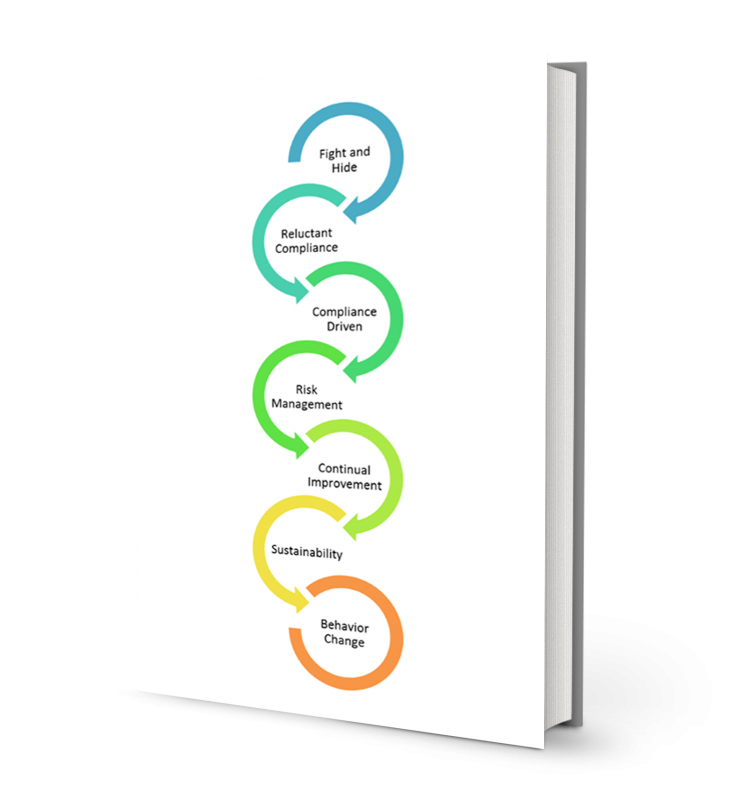RE-DESIGING SCHOOL MANAGERS’ ROLES IN CURRICULUM IMPLEMENTATION TO ENHANCE STUDENTS’ CREATIVITY FOR NATIONAL DEVELOPMENT IN PUBLIC SECONDARY SCHOOLS IN ANAMBRA STATE
Okeke, Ndidi Loretta
08037769698 on.loretta@unizik.edu.ng Department of Educational Management and Policy, Nnamdi Azikiwe University, Awka, Anambra State
Anyaeji, Adaora Vivian
Department of Educational Management and Policy, Nnamdi Azikiwe University, Awka, Anambra State
implementation to enhance students? creativity for national development in public secondary schools in Anambra State. The study is a descriptive survey with population of 258 public secondary school principals. Simple random sampling was used to select 140 principals for the study. A structured questionnaire was used to collect information for the study. The Instrument for the study was validated by three experts from the Department of Curriculum and Educational Management and Policy. Reliability coefficient of 0.83 was obtained using Cronbachs? alpha. Data was analyzed using mean scores. The findings of the study showed that the principals? roles in curriculum implementation were; collaborating with teachers in curriculum implementation; providing instructional leadership; understanding teachers needs in curriculum implementation; motivating teachers in instructional process and fostering a conducive school environment. The study further revealed the challenges of principals? roles as; limited time to calibrate on curriculum implementation process; misinterpretation of the curriculum; inadequate funds and resources. The study concluded that re-designing principals? roles in curriculum implementation is a sure way to enhance creativity in students for economic growth in the nation. The study recommended that school principals should ensure that relevant resource materials needed for re-designing curriculum implementation were available; principals should be trained and retrained on their roles in curriculum implementation and finally, the ministry of education should make funds available for the acquisition of sufficient facilities for implementing the curriculum.
Abolarin, I. O. (2019). A functional perspective of education as the bedrock of national development in Nigeria. International journal of research and innovation in social sciences, III (1) Arong, F. E. &Ogbadu, M. A. (2010). Major causes of declining quality of education in Nigeria from administrative perspective. A case study of Dekina Local Government Areas. Canadian social science 6(3); 183-198 Arthur, E. & A Thanasius, J. (2017). Problem and prospects of curriculum implementation for students. International journal of applied research 1 (12): 984-986 Ahmadi, A. A & Lukman, A. A. (2015). Issues and prospects of effective implementation of new secondary school curriculum in Nigeria. Journal of education and practice, 6(34), 29-39. Bhawna, B. (2020) National development: meaning and problems. Retrieved on 17th August from www. Yourartclelibrary.com
www.journal.fedunau.org 134 Chaudhary, K. (2015). Factors affecting curriculum implementation for student. International journal of applied research 1(12): 984-986 Chalk. (2020). 7 reasons why your curriculum matters more than you think. Retrieve on 21st August, 2021 from www.chalk.com Cremin, T. & Barnes, J. (2016). Creativity in the curriculum. Retrieved from https://www.researchgate.net/publishing. Chens, S. &Kompt. M. (2012).The role of principals in curriculum reform. (eds) Chinese scholars in Western ideas about thinking, leadership, reform, and development in education. Critical issues in the future of learning and teaching vol7. Sense publishers, Rotterdam- https://doi.org10.1007/978-94-6209010-1-16 Gichobi, G. W. (2014). The role of head teachers in curriculum and instructional management: a case study of secondary schools in Gatundu District, Kiambu County, Kenya. Retrieved from www.ir-library.ku.ac.ke Idu, M. (2020). Africas’ underdevelopment resultof poor curriculum. Retrieved on 8th August from www,vanguard.ngr.com Ogbonnaya, N. (2006). Economics of education. National Open University of Nigeria, Lagos. Garewa investment limited Abuja. Okeke, N. L (2021). E- Learning as an effective method of education delivery in Nigeria. Journal of qualitative education 14(1), 150-159 Oriji& Job, M. (2013). The role of education in national development: the Nigerian experience. European scientific journal 9(28)312-320 Pak, K; Morgan, S; Polikoff, L. M; Desimone, E. S. (2020). The adaptive challenges of curriculum implementation: Insights for educational leaders driving standards based reform. Journals.sagepub.com. Puccio, G. (2020). Creativity: a skill to cultivate in the 21st Century. Retrieved from www.developintelligence .com on 1st August, 2021. UNESCO. (2011). Curriculum. Retrieved from www.ibe.unesco.org on 10th September, 2021 William, M. (2019). Why is curriculum important? Retrieved from www.classcrft.com on 15th August, 2021
www.journal.fedunau.org 134 Chaudhary, K. (2015). Factors affecting curriculum implementation for student. International journal of applied research 1(12): 984-986 Chalk. (2020). 7 reasons why your curriculum matters more than you think. Retrieve on 21st August, 2021 from www.chalk.com Cremin, T. & Barnes, J. (2016). Creativity in the curriculum. Retrieved from https://www.researchgate.net/publishing. Chens, S. &Kompt. M. (2012).The role of principals in curriculum reform. (eds) Chinese scholars in Western ideas about thinking, leadership, reform, and development in education. Critical issues in the future of learning and teaching vol7. Sense publishers, Rotterdam- https://doi.org10.1007/978-94-6209010-1-16 Gichobi, G. W. (2014). The role of head teachers in curriculum and instructional management: a case study of secondary schools in Gatundu District, Kiambu County, Kenya. Retrieved from www.ir-library.ku.ac.ke Idu, M. (2020). Africas’ underdevelopment resultof poor curriculum. Retrieved on 8th August from www,vanguard.ngr.com Ogbonnaya, N. (2006). Economics of education. National Open University of Nigeria, Lagos. Garewa investment limited Abuja. Okeke, N. L (2021). E- Learning as an effective method of education delivery in Nigeria. Journal of qualitative education 14(1), 150-159 Oriji& Job, M. (2013). The role of education in national development: the Nigerian experience. European scientific journal 9(28)312-320 Pak, K; Morgan, S; Polikoff, L. M; Desimone, E. S. (2020). The adaptive challenges of curriculum implementation: Insights for educational leaders driving standards based reform. Journals.sagepub.com. Puccio, G. (2020). Creativity: a skill to cultivate in the 21st Century. Retrieved from www.developintelligence .com on 1st August, 2021. UNESCO. (2011). Curriculum. Retrieved from www.ibe.unesco.org on 10th September, 2021 William, M. (2019). Why is curriculum important? Retrieved from www.classcrft.com on 15th August, 2021

